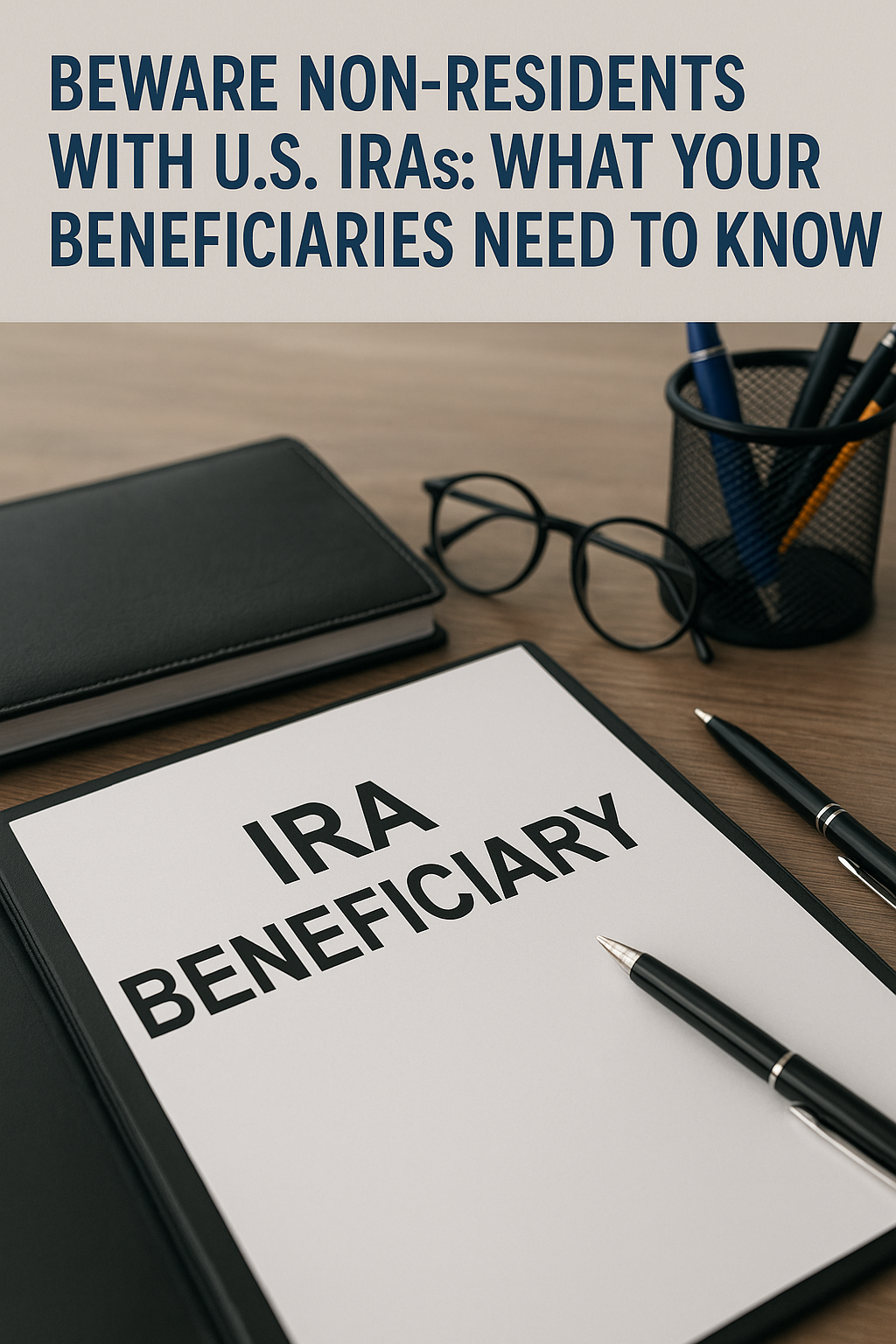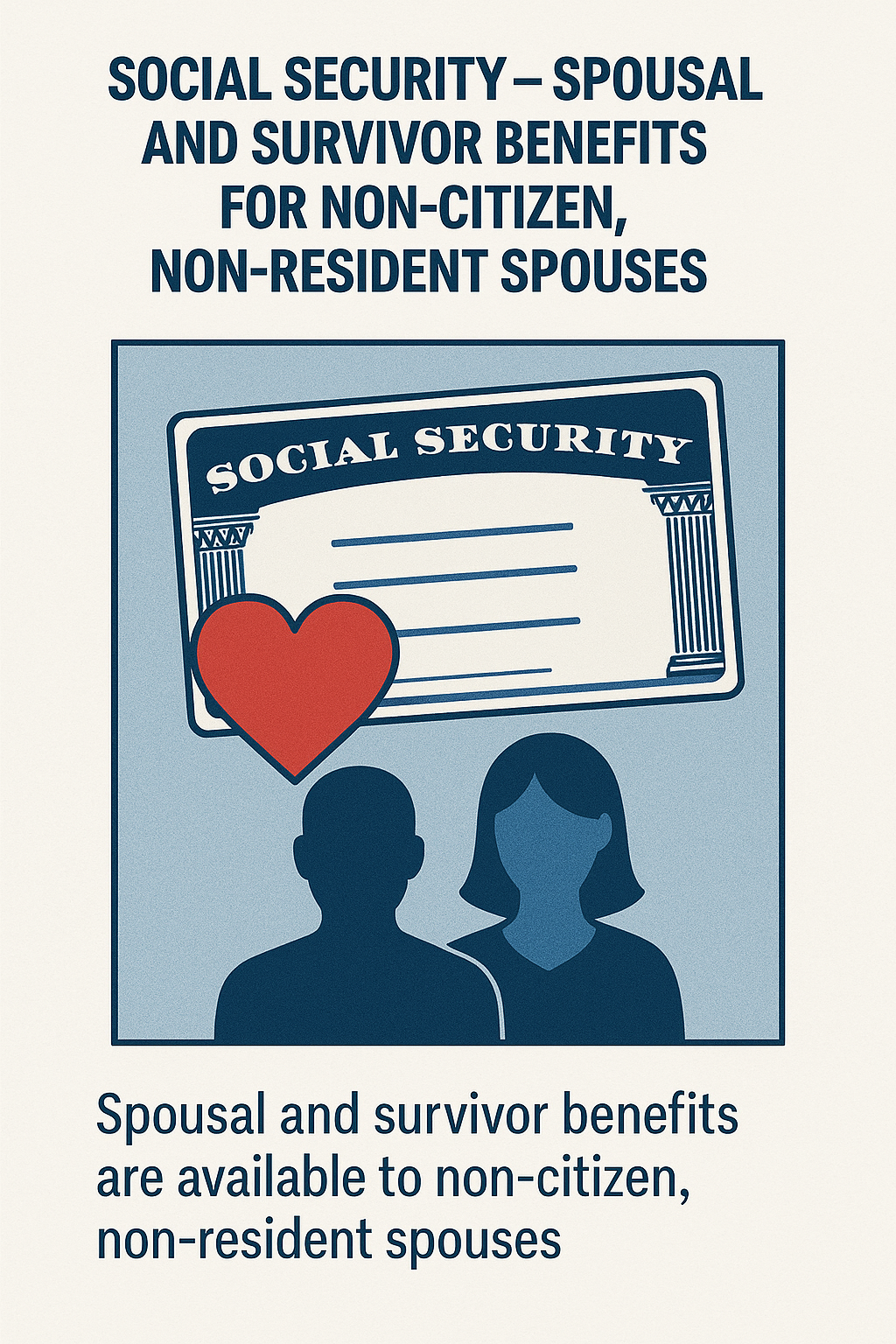Registered Disability Savings Plan (RDSP) is a long-term savings plan helping individuals who qualify for Disability Tax Credit (DTC) build financial security. If you plan to leave Canada, you should understand how this decision may affect your RDSP.
Managing a Registered Disability Savings Plan (RDSP) involves understanding how changes in residency can impact the plan’s status and associated contributions.
As I navigate the complexities of being a non-resident of Canada, I must consider the legal and financial adjustments that are necessary to maintain compliance and maximize the benefits of the RDSP.
These considerations include how non-residency influences the flow of government contributions like the Canada Disability Savings Grants and Bonds. I must keepRESP informed about the rules affecting both the RDSP and the cross-border tax implications to ensure that I make informed decisions about my financial future.
 alt="RDSP and RESP" width="1024" height="1024" />
alt="RDSP and RESP" width="1024" height="1024" />
What is an RESP?
RESP allows you, the subscriber, to contribute funds to a child’s future education. The child, the beneficiary, can use accumulated funds to pay for eligible education-related expenses. RESP accounts are available through financial institutions, including banks, credit unions, and investment firms. Individuals and joint subscribers—spouses or common-law partners—can open an RESP.
RESP Contribution Rules
- You can contribute to an RESP for up to 31 years.
- The plan can remain open for a maximum of 35 years.
- RESP contributions are not tax-deductible, but the investment growth is tax-sheltered, which means no taxes are paid on capital gains, interest, or dividends while the money remains in the account.
What Happens to RESP If You Leave Canada?
Registered Education Savings Plan (RESP) remains a valuable education savings tool even if you or your beneficiary leave Canada. However, your ability to contribute, withdraw, and benefit from the account may change depending on your residency status and long-term plans.
1. Impact on the RDSP Account
If the beneficiary becomes a non-resident, I can keep the RDSP open. Contributions remain possible, but the account no longer qualifies for new government grants or bonds. The account benefits from tax-deferred growth, even if the beneficiary is outside Canada. This ensures continued financial support for future needs.
2. Government Contributions: Grants and Bonds
When it comes to Registered Disability Savings Plans (RDSPs), I’ve noticed the significance of government contributions through Canada Disability Savings Grants (CDSG) and Bonds (CDSB). These contributions are beneficial but come with conditions.
For instance, the Assistance Holdback Rule plays a key role. If a beneficiary becomes a non-resident or withdraws funds within 10 years of receiving these grants or bonds, the government might require repayment. The repayment is the lesser amount between total contributions received or three times the amount withdrawn. When non-residency occurs, newly added funds cannot receive additional grants or bonds.
3. Disability Tax Credit (DTC) Eligibility
The Registered Disability Savings Plan (RDSP) is closely tied to the Disability Tax Credit (DTC). For the RDSP to remain active, the beneficiary must maintain their DTC eligibility, even if they become a non-resident. If DTC eligibility is lost and not regained typically by the end of the following year, there may be a need to close the RDSP and potentially repay any received grants and bonds.
4. Withdrawals While Non-Resident
When I make withdrawals from an RDSP while living outside Canada, I am subject to Canadian withholding taxes on the taxable portion of my funds. This includes government contributions and earnings.
Additionally, I need to consider the tax treaty between Canada and my new country of residence, as it may affect my tax reporting and obligations. Fortunately, RDSPs are exempt from the need to file Form 3520 or 3520-A.
5. Cross-Border Considerations for U.S. Persons
As a U.S. person with connections to a Registered Disability Savings Plan, I understand that the IRS does not provide any tax advantages for RDSPs. This results in the possibility of needing to meet annual reporting requirements such as FBAR and Form 8938. I am also aware of the necessity to closely monitor contributions, earnings, and withdrawals to stay compliant with U.S. tax laws.
Summary of Key Points
I have noticed several crucial aspects of managing an RDSP as a non-resident. The RDSP account stays open even if I move abroad, though it’s important to know that new government contributions like grants and bonds won’t be received once I am no longer a resident. Any grants and bonds received within the ten years before becoming a non-resident may be affected by the assistance holdback rule, which requires careful attention.
Tax implications are also significant. Any withdrawals may face Canadian withholding taxes and additional cross-border tax reporting, particularly for U.S. persons.
Moreover, maintaining my Disability Tax Credit (DTC) eligibility is vital, as losing it might mean I need to close the RDSP. Non-resident U.S. persons have extra IRS reporting needs and may face taxation on RDSP earnings, so consulting with a cross-border tax advisor is wise.
Frequently Asked Questions
What are the implications for an RDSP when the beneficiary is no longer a Canadian resident?
When a beneficiary becomes a non-resident of Canada, their Registered Disability Savings Plan (RDSP) is impacted in several ways. As a non-resident, the ability to contribute to the RDSP is lost, and the plan may not receive government grants or bonds. More details can be found in the RDSP Rules for Newcomers to Canada and Individuals Living Abroad.
How does non-residency affect the contribution room in an RDSP?
While non-residency affects the ability to contribute, any unused contribution room does not get lost. It remains available for future years if the beneficiary returns to Canada and re-establishes residency. This ensures that the beneficiary can resume contributions once residency is reestablished.
Are there any tax consequences for RDSPs when the beneficiary changes their residency status?
Yes, changes in residency status can have tax consequences for RDSPs. While specific tax situations vary, non-resident beneficiaries may face different tax requirements both in Canada and in their new country of residence. It’s crucial to consult tax professionals for personalized advice based on specific circumstances.
Can the RDSP grant and bond be kept if the beneficiary moves abroad?
Grants and bonds previously received in the RDSP are typically required to be reimbursed if the beneficiary becomes a non-resident. The government of Canada sets conditions under which grants and bonds must be returned if residency status changes. More detailed information is available in the Registered Disability Savings Plan – Canada.ca.
What are the rules regarding the transfer of RDSP funds after the beneficiary becomes a non-resident?
Transferring RDSP funds when the beneficiary becomes a non-resident involves specific rules. While the RDSP can remain active, transferring funds may trigger a freeze on contributions or the return of government incentives. It’s important to understand these regulations by checking official guidelines like those in the RDSP frequently asked questions – Mackenzie Investments.
Does the death of an RDSP beneficiary impact the residency requirements of the plan?
The death of an RDSP beneficiary alters the status of the plan, overriding residency requirements. Upon the beneficiary’s death, the RDSP must be closed, and the remaining funds are dealt with as per the plan rules. Beneficiaries or their estates should seek legal advice to handle such situations appropriately.
What is an RESP in Canada, and how does RESP work?
Registered Education Savings Plan (RESP) is a dedicated savings account designed to help you save for a child’s post-secondary education. Sponsored by the Canadian government to promote investment in a child’s future education after high school, the plan provides benefits including government contributions that supplement your savings, encouraging families to save for educational costs.
You contribute money to an RESP, and the government contributes an additional 20% on the first $2,500 you contribute annually. For every $2,500 you contribute, the government adds up to $500. The government can contribute up to $7,200 throughout the child’s educational journey, depending on annual contributions. RESP is structured to help you maximize savings for your child’s post-secondary education expenses.
Are RESP contributions tax deductible?
Registered Education Savings Plan (RESP) contributions are not tax-deductible. You cannot reduce your taxable income by the amount you contribute to an RESP. Unlike other savings plans, a Registered Retirement Savings Plan (RRSP), where contributions are eligible for tax deductions, RESP contributions do not provide this immediate tax benefit.
Are RESPs worth it?
Registered Education Savings Plan (RESP) is a government-sponsored investment vehicle designed to help you save for a child’s post-secondary education. It offers several benefits, making it a popular choice for many families. The advantages, facts, and considerations can help you assess whether an RESP is a valuable tool for saving for education.
What Happens to My Self-Contributed Funds in the RESP if I Leave Canada Permanently?
If you leave Canada permanently, your self-contributed funds in a Registered Education Savings Plan (RESP) remain accessible to you. These contributions are made with after-tax dollars, which means you can withdraw them tax-free at any time, regardless of your residency status.
Treatment of Self-Contributed Funds
- Your original contributions to an RESP are not subject to tax upon withdrawal.
- You do not receive tax slips when withdrawing only your self-contributed funds, as they have already been taxed.
- These funds can be returned to you directly and are not affected by changes in residency.
What Happens to Your RESP Taxes if You Leave Canada for Good?
If you choose to leave Canada permanently, it is important to understand the tax implications related to your Registered Education Savings Plan (RESP). Your residency status can affect how RESP contributions, income, and grants are treated both in Canada and in your new country of residence




